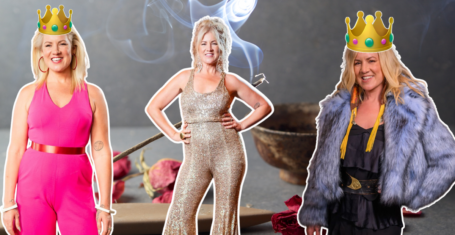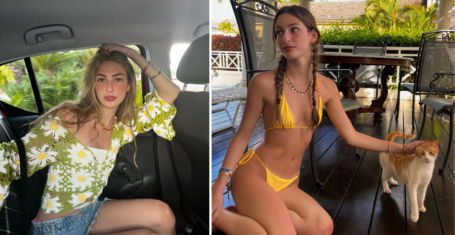
A Durham finalist so addicted to Instagram she wrote her diss about it
#Instadissoftheday
Helena Cardow, a Sociology student, just handed in her dissertation on the importance Instagram. Then, of course, Instagrammed it.
After last week’s news that a Durham student has just handed in her dissertation on the Kardashians, a Hatfield finalist went one better.
The project titled: “The Gallery of Us: Curating Our Online Lives on Instagram”, is 10,978 words long and a #massive worth two modules of her final year.
Instagram was launched in 2010 and has carved an avocado-yoga-beach-bod filled space in the world of social media.
The Tab spoke to Helena to find out more:
Why did you pick the subject?
Insta-queen Kylie Jenner declared 2016 as the year of realising things, and I realised that I spend so much time on Instagram anyway that I might as well make it count for something. Like my degree. Also how many times do you get to define what it means to be ‘basic’ in a legit academic research project.
What did your friends say?
When I told people about my diss (which made up the majority of my chat for Epiphany) they generally thought it was cooler than theirs (which was usually the case #dissgoals). Mostly, my friends would comment on how contemporary it was and send me links to anything vaguely selfie-related.
What did your parents say?
I emailed it to my mum but I don’t think she got past the Acknowledgements page. She loves it really.
What are your conclusions?
Basically, I was aiming to investigate Instagram image culture in relation to postmodernism. How the simultaneous production and consumption of images in turn dictate ideal forms of being, creating an aspirational culture among users. I was also curious as to how Instagram changed the traditional media dynamic, and how this impacted upon individuals.
I found that people were generally more likely to be consumers, than producers, of images – and thus the ideals attached to them. In addition, there was evidence of performativity in the interactions, which brought up questions around authenticity and hyperreality. Users tend to portray online identities in various ways by curating the images they posted, using photo-manipulation mediums and other behaviours to maximise the impact of their images.
Who is your favourite Instagrammer?
@daddyissues_ because deep down I’m basic, @symmetrybreakfast for food porn and aesthetics, @kimkardashian because my next summative is all about her Instagrams.
What was your research like?
Aside from the literature slash theoretical basis, half of my research was a survey of 18 Instagram users. It was all about finding out how they used the app, and what the motivations behind their behaviours were. The rest was a visual analysis of the semiotics, content and context of certain Insta-celeb snaps in order to find out what ideals forms of being they perpetuated.
Can you use Instagram now, or does it feel like work?
Every day. Instagram is life.
What did your supervisor say?
He was super helpful and supportive throughout the process. I can only hope he’s enjoying the read.
Written an even more bizarre dissertation? Let us know. Email [email protected]









































